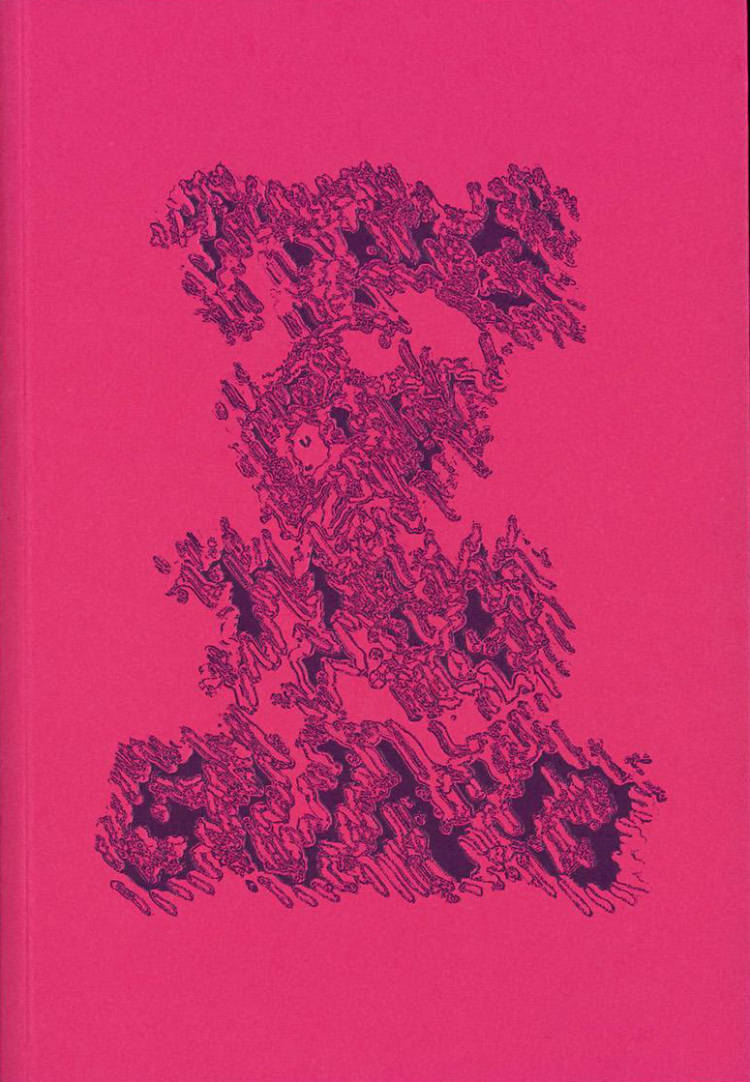
addictive no an adjective
A text on speaking, listening and being understood made in conversation with iOS speech-to-text software.
Language: English

A text on speaking, listening and being understood made in conversation with iOS speech-to-text software.
Language: English

‘A Tone or Two’ comes in the form of a text score and a melodic voice work. Noticing a shift in her voice in recent years, Thams tracks how within the last decades female voices have lowered 23hz in pitch. Tuning into the shift toward more gender equality, vocal pitch is explored in relation to authority, electability, courage and rhythmicity.
With link to online sound work.

Tips of the Sung is a collection of interdisciplinary texts from Samuel Brzeski composed over the five years whilst he was Associate Artist at Lydgalleriet. The collection brings together performance scripts for voice and video with newly composed texts for the page. Centring on the vibrations of the voice, the texts exist somewhere between signification and delirium, at times making more sound than sense.
The texts are full of bumbling mumbles, meandering hums, homophones, inner voices, affirmations, motivations, subvocalisations, resolutions, errors in speech production, peach seduction, car maintenance manuals, self-help fallacies, roomy echo chambers, overheard language lessons, morning meditations, and other forms of verbal rehearsal at the limits of language.

‘Five Devours’ is a short essay in five parts about need and food as a part of speech, about speech’s relationship to nourishment and hunger; the currency between eating and speaking, expending and consuming.
12 pages
150 x 200mm
risograph printed
edition of 150

An artist text centring around the ghost lamp “like a sentinel an eerie outpost watching over the theatre.”
140x200mm
14 pages
edition of 150

A take away cup and a cloud is an essay written alongside the dance performance Seems to be by Denise Lim and Stina Ehn. It plays with a variety of containers–the list form being one. By mixing a personal with a historical gaze it traces the trajectory of mundane commodities and the replacement of material with imaterial objects brought about to the everyday by technical progress.

An experimental essay on voice, narrative, literature and translation. In this text Daniela tunes into the hums of voices heard within books, to the recollected csitation, to singing with stitched lips.

Is it the computerization of the planet
Or a loosening of my fidelity to suffering
I don’t understand the intensity
I’ve hidden here but I know I despaired
Of finding a physical place to keep
My tears. Now what. Seas that go turquoise
When you stop looking at them . . .
Wrestling with the mind of war, at times shocking in its self-analysis, Wave of Blood is a furious and sincere essay, an eclipse notebook, a family chronicle, all told in the poetry of witness.
Praise for Ariana Reines:
Ariana Reines is a go-for-broke artist who honors her traditions by being like no one else. Some of us have made a fetish of our stupidity, pretending to forget history, and some of us have made a fetish of despair, congratulating ourselves on melancholia, but Ariana is too brilliant and too alive for either of those sad luxuries... I am convinced of the authenticity of the summonses she receives and the summonses she issues and when I read her I am reminded that all of this is a calling before it's an identity or career. Her voice-which is always more than hers alone is a dialectic between the very ancient and the bleeding edge. - Ben Lerner
Reines's books are works of intellectual commitment and structural sophistication; at the same time, they allow the raw stuff of being, in all its messiness, to enter the page. -The White Review
Mind-blowing. - Kim Gordon
Her writing is queer and raunchy, raw and occult, seemingly never pulling away from her deepest vulnerabilities. Yet Reines simultaneously maintains a feeling of epic poetry, of ancient intention. She moves between worlds in search of the divine and the self. - The New York Times
These are the kinds of poems that reorient you in the world, make you understand how little you know, but how much is inside you. - NYLON

Written in the course of the year following the publication of Book of Mutter, and inspired by the lectures of Roland Barthes, Anne Carson, and Jorge Luis Borges, Appendix Project collects eleven talks and essays. These surprising and moving performances, underscored by the sleeplessness of the first year of their child’s life, contain their dazzling thinking through the work of On Kawara, Roland Barthes, W.G. Sebald, Bhanu Kapil, Walter Benjamin, Theresa Hak Kyung Cha, Marguerite Duras, Marlene Dumas, Louise Bourgeois, Doris Salcedo, Jenny Holzer, and more.